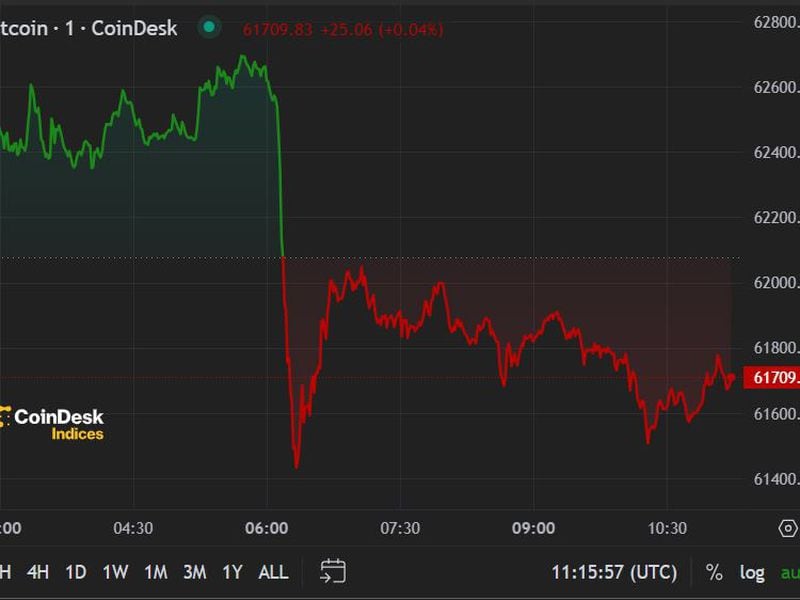The new fund backs low-volatility insurances covering properties, trucking, aviation and workers compensation, excluding catastrophic risks at the start, Re CEO Karn Saroya said in an interview.
Re targets to back $200 million in insurance premiums by the end of the year, with another $3 billion in the pipeline.
The firm also raised $7 million in a venture capital investment round led by Electric Capital.
First investors of the fund include Nexus Mutual, a crypto insurance alternative provider, with a $15 million allocation and the RWA-focused Vista fund of Ava Labs, an ecosystem developer organization of Avalanche, with a smaller deposit.
The company also raised $7 million in venture capital in its latest fundraising round led by Electric Capital, following a $14 million seed round in late 2022.
Re, which is regulated in the Cayman Islands, focuses on introducing blockchain tech for a traditionally opaque, conservative industry and aims to be a decentralized version of Lloyd’s of London, though of as the premier marketplace for insurance.
Reinsurance companies offer protection for insurance firms, collecting premiums to cover certain types of risks. With nearly $1 trillion in premiums annually, reinsurance is a cornerstone of today’s financial markets and commerce, Karn Saroya, chief executive officer of Re said in an interview with CoinDesk.
“Reinsurance is the ocean, and insurance companies are the boats floating on the water,” he said.
Bringing these assets to blockchain rails can improve settlements, operational efficiency and create greater transparency of capital reserves, Saroya explained. This is in line with the red-hot tokenization trend, with digital asset firms and global financial institutions such as BlackRock, Citi and Franklin Templeton creating digital versions of old-school investments – often referred to as RWAs – to trade them on blockchains for operational benefits.
Read more: Why Asset Tokenization Is Inevitable
In the beginning, Re’s new fund backs more conservative, low-volatility insurances such as property, trucking, aviation and workers compensation, excluding catastrophic risks, Karoya said.
The fund targets to offer up to 23% annualized yield to investors, and is accessible to U.S. accredited investors and any investors outside the U.S. who complete Re’s know-your-customer (KYC) process. The minimum lock-up period for deposits is one year, and funds are available for redemptions as collateral is released from the insurance companies.
Investing in the fund is similar to high-yield fixed income, Saroya said, making it attractive to decentralized autonomous organizations (DAO) and ecosystem funds to deploy capital.


























